The time has come to cut the crap and get your head right about Combat Rock.
Why this album — the amalgamation of pretty much everything that made The Clash cool — does not get its proper due in the same way the first album and London Calling do is beyond comprehension. Originally mapped out as a double LP called Rat Patrol From Fort Bragg, the band’s label brought in producer Glyn Johns to whittle it down to a tight, taut 45-minute record that set the scene for their greatest commercial success. Combat was the biggest hit of their run, powered by two all-timers in “Rock The Casbah” and “Should I Stay Or Should I Go.”
The 40th anniversary expanded edition adds a second disc and is likely the closest hardcore Clash fans will ever get to an official version of Rat Patrol. This People’s Hall version is so posh, we rang up The Clash’s longtime videographer and associate Don Letts to get his take on the new set and the era it represents.
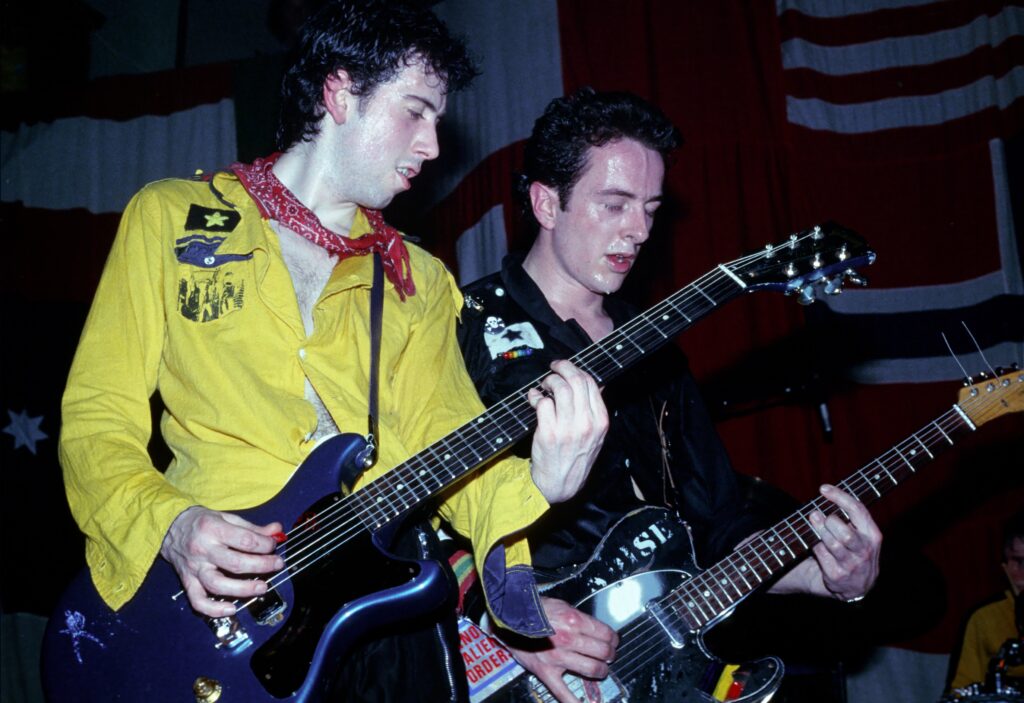
SPIN: There seemed to be a lot of momentum pushing up against The Clash heading into 1982…
Don Letts: They had been on an amazing run of creativity that really sowed the seeds for all of it coming together in America in the early ‘80s. They’d done all the groundwork.
The reciprocal embrace between The Clash and the hip-hop community must have played a key role as well, as it seems.
You gotta remember how Black radio stations were picked up on tracks like “The Magnificent Seven” and “Overpowered By Funk.” In fact, [New York City hip-hop radio station] WBLS even had a remix of “Mag 7” they used to play called the “Dirty Harry” remix, where it had samples of the Clint Eastwood film throughout. It opened them up to a whole new Black and Hispanic audience who didn’t even know they were white guys from the UK, man.
You guys spent a lot of time in New York City as well during this time, right?
We all ended up in New York in 1980-81, and the whole hip-hop thing was bubbling in Queens and the Bronx. The Clash were instantly tuned into these things; we all were ’cause we were listening to WBLS and the rest of it. For a brief moment in time in New York, there was a punky hip-hop thing going on because we were interested in what they were doing and vice versa. There was a mutual admiration, and The Clash already had Grandmaster Flash and the Treacherous Three support them at Bonds. The Clash were just as active in hip-hop at the time as any other band back then. And going back to Futura, who is on the new version, he was one of the guys we originally hooked up with as well as Rammellzee, Fab 5 Freddy and Dondi. And little did we know, they were the ones making their mark on New York City. Through them, we got deeper into the culture. They’d take us to the clubs, bring us into the scene. They were our passports to hip-hop. They would have Futura spray painting on banners while they played for a brief while, but the fumes were fucking up everyone’s vocals.
Would you say Combat Rock was more of a Mick Jones album, given how it was largely demoed by him as Rat Patrol From Fort Bragg?
Well, it went in less of the direction that Mick was taking it in, and would be typified by what he did with Big Audio Dynamite. You know, what’s funny is that amidst all of the tensions in the band, amongst them they had very disparate musical differences. It was demonstrated by what Joe Strummer did as a solo artist and with the Mescaleros and Mick with B.A.D.—you could see they were going in different directions. And Mick was always absorbed in what was going on around him. Joe was more of an R&B and blues man. And that’s not a putdown because together the two synced up beautifully. But when Mick goes in, he goes all in. How else could Rat Patrol From Fort Bragg clock in at 75 minutes? That’s Mick Jones, man!
Combat Rock has been a part of our lives for 40 years, and it’s both astounding and excruciating that some of the global concerns the band were addressing in 1982 remain relevant today. Would you agree?
You gotta give credit to Joe and the content of his lyrics. There’s stuff in there that I’m still decoding to this day. I often say there are more ideas in one verse of a Joe Strummer song than most people have on their entire album. He engaged with the planet. He thought about what was going on around him and felt emotionally connected to his fellow man. And it all came out through the music.
Reflecting on Combat Rock now, I can’t help but notice how American-centric it is. Although I’ve come to realize that maybe Joe wasn’t so much talking about America as he was the human condition and the aspirations of the human race itself. And America epitomizes that.
More Gems…
Eddie Vedder
Ukulele Songs (UMe)
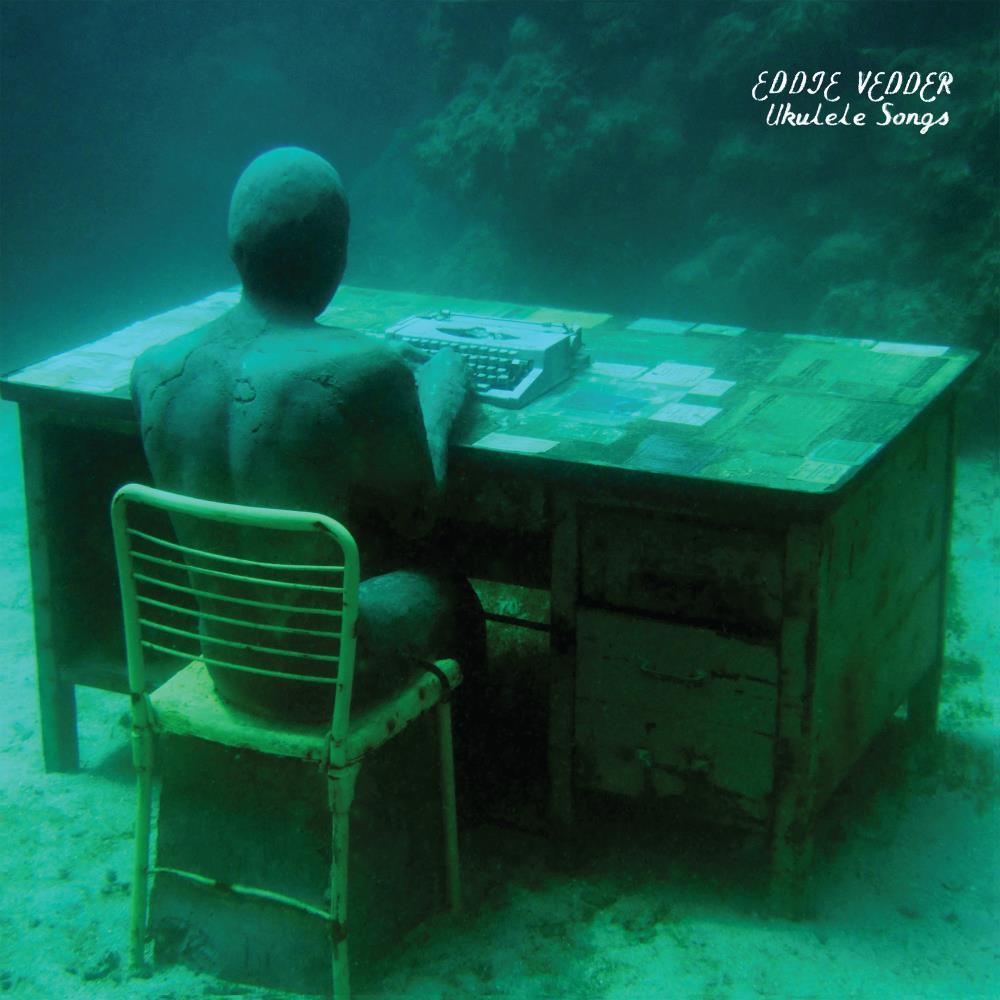
Vedder’s proper non-soundtrack solo debut, originally released in 2011, was meant to be spun on a black circle. And now for its belated 10th anniversary, Ukulele Songs gets immortalized on wax for the first time since its initial pressing with this bonus-free deluxe edition LP containing a newly designed 16-page book and a lithograph.
Quincy Jones
The Dude (Intervention Records)
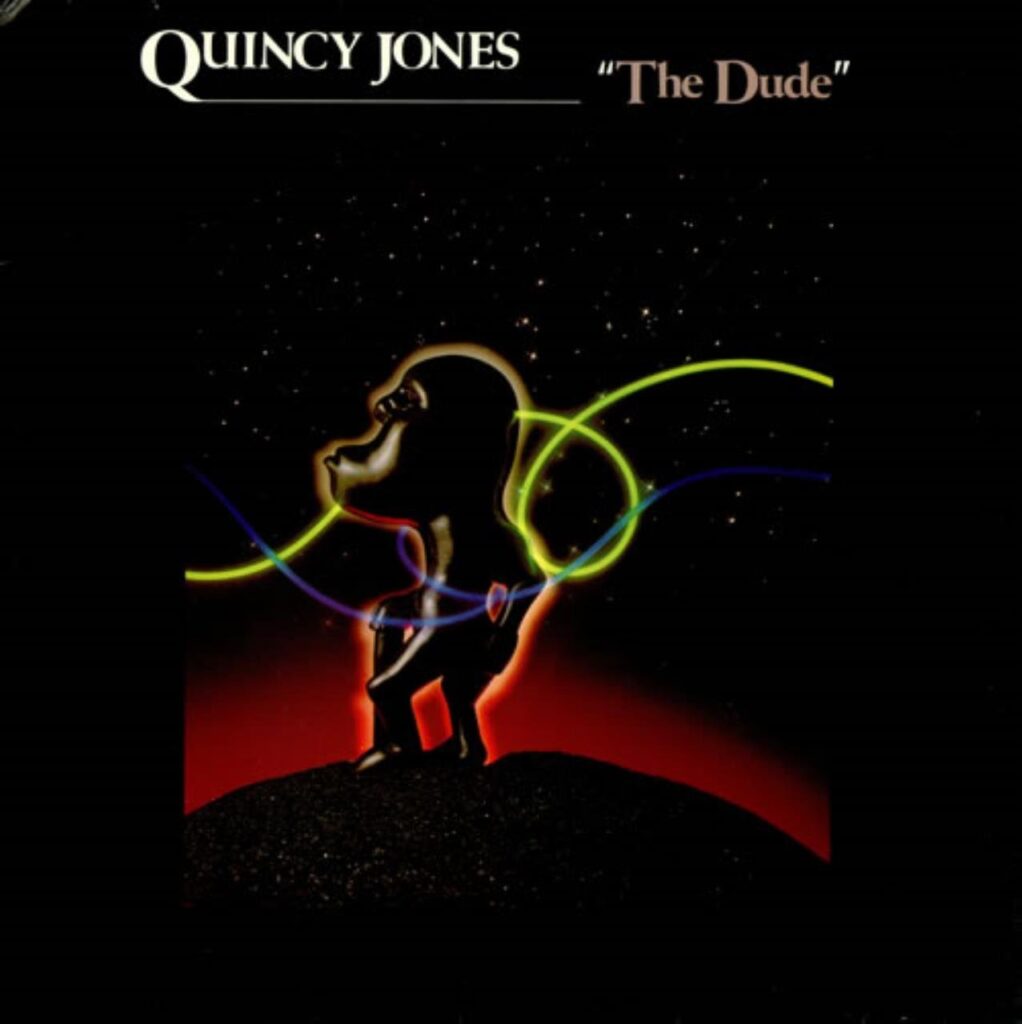
As keen-eared fans of Tupac and MF DOOM can attest, 1981’s The Dude is a wealth of early ‘80s funk as only Q can do. Audio geeks will want the newly released SACD version from Intervention Records to achieve the maximum effect of where Mr. Jones took us amidst the uncertainty of Reagan’s first 100 days in office.
Yukihiro Takahashi
WILD & MOODY (ALFA Music)
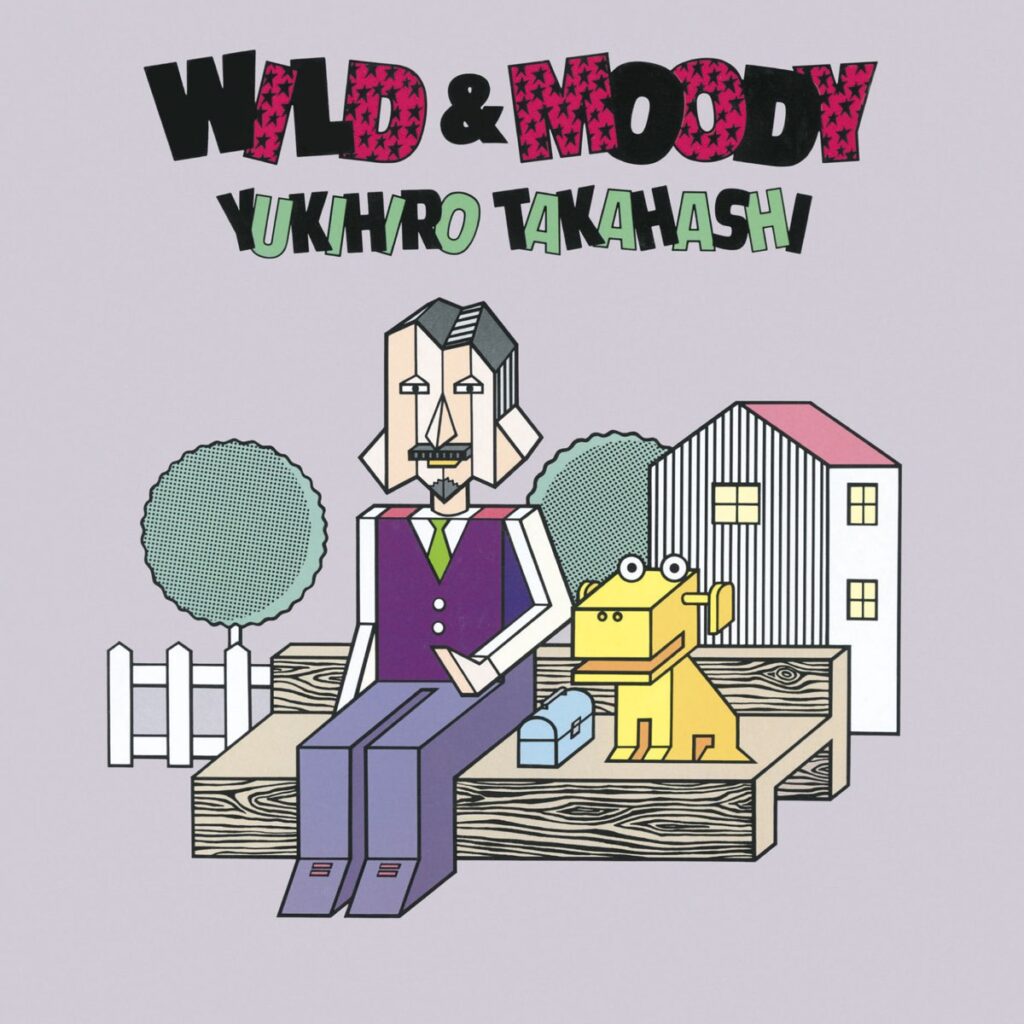
As part of Yellow Magic Orchestra and as a solo artist, Yukihiro Takahashi has long been a harbinger of innovation. Released as part of ALFA Music’s ongoing reissue series of Takahashi’s work under his own name, 1984’s WILD & MOODY is arguably the best of the bunch as it echoes the cosmopolitan maneuvering of Bryan Ferry rewritten in Tokyo neon.
The Muffs
Really Really Happy: Expanded Edition (Omnivore Recordings)
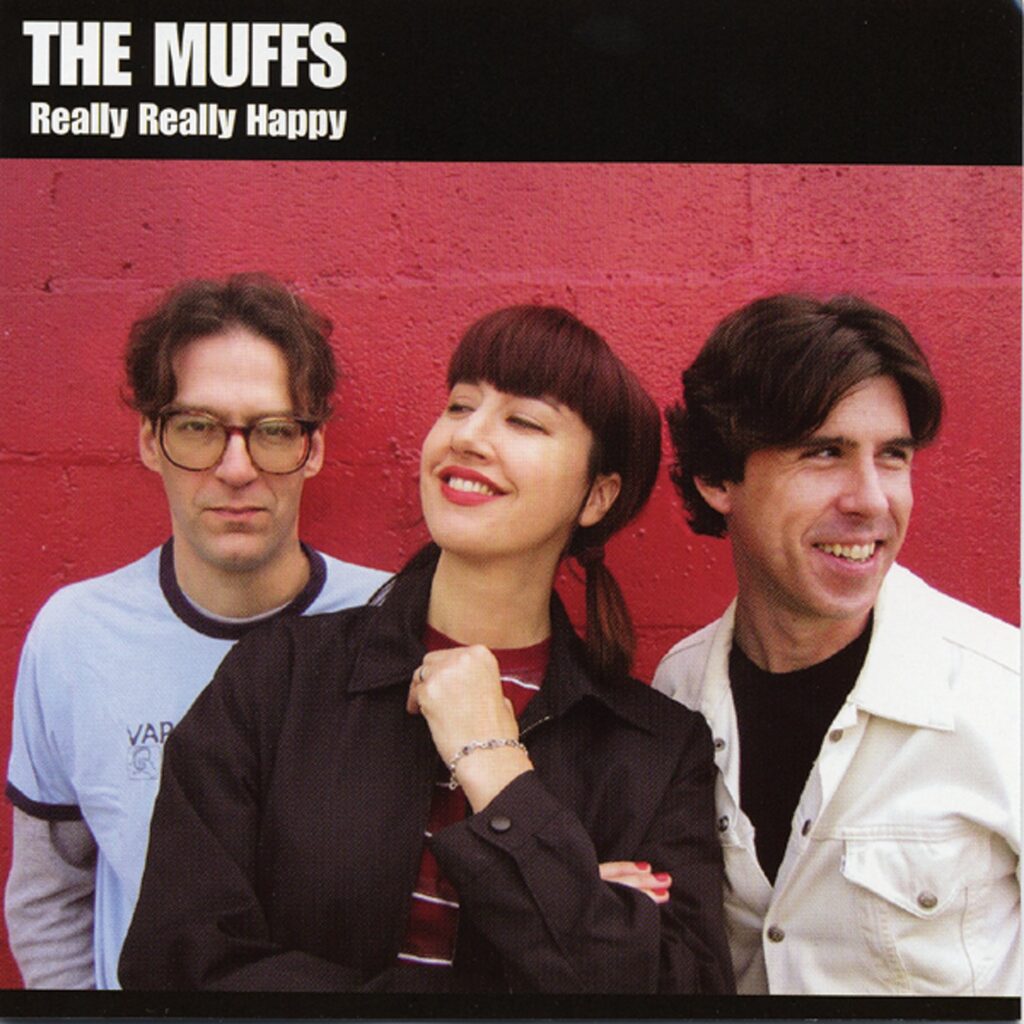
Few ‘90s alternative rock bands enjoyed the continuity of creative flow in the ‘00s like The Muffs. Their 2004 album Really Really Happy is as crunchy and catchy as anything they did in the 120 Minutes era. The expanded edition includes 22 bonus tracks, chronicling drummer Roy McDonald, bassist Ronnie Barnett and the late, great singer/guitarist Kim Shattuck, picking up right where they left off in the late ‘90s without a glitch. Meanwhile, Shattuck’s 16 demos on this LP serve as a master class for pop songwriting by a voice taken far too early.
Rolling Stones
Live at the El Mocambo ’77 (UMe)
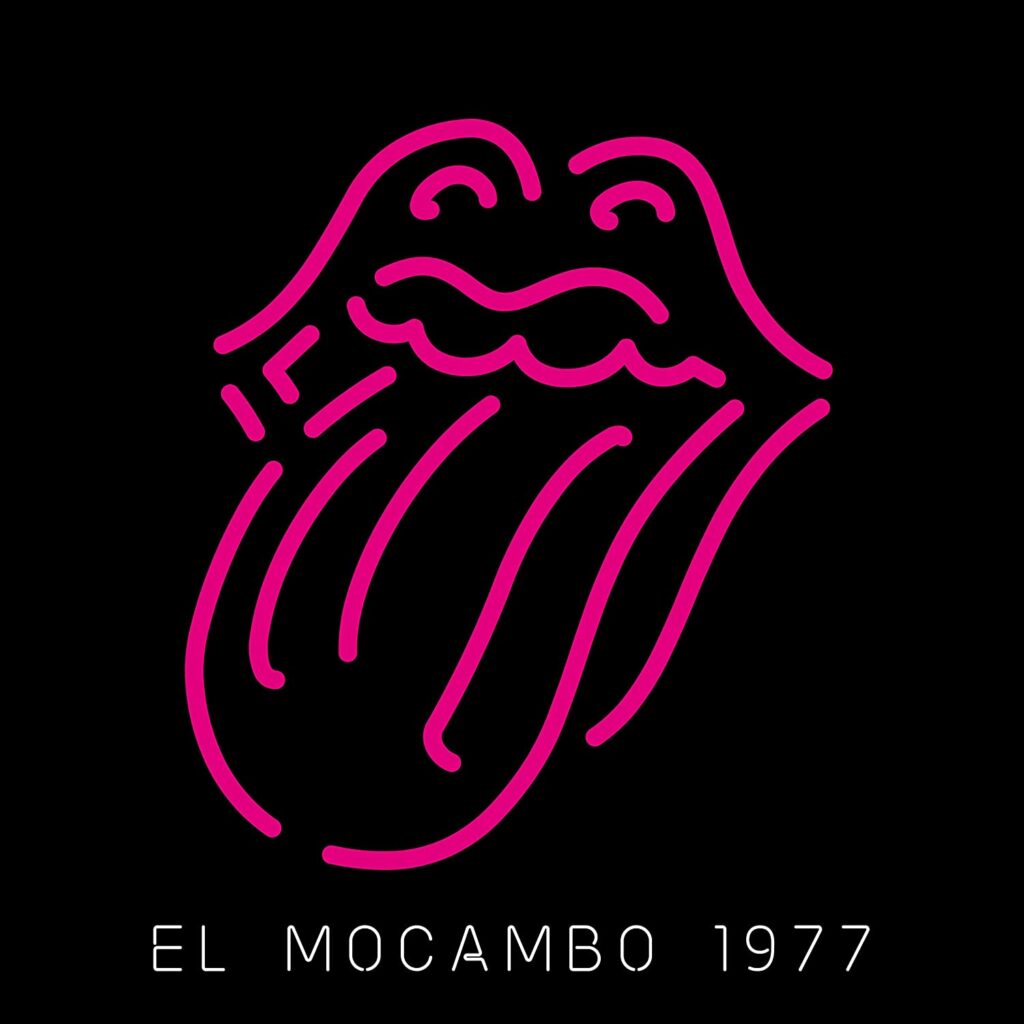
The Stones in 1977 found them perfecting the balance of rhythm and raunch that would define the band in the disco era. And this meticulously captured club date at Toronto’s El Mocambo finds Mick and co., with the addition of former Faces guitarist Ron Wood, in top form as they sway through the best moments of 1976’s underrated Black and Blue (“Fool To Cry,” “Hot Stuff”) and a parade of favorite warhorses (“Honky Tonk Women,” “Jumpin’ Jack Flash”), super deep cuts (“Luxury”) and burning blues covers (“Mannish Boy” by Muddy Waters, Freddie King’s “Worried Life Blues”).
Various Artists
Musicasión 4 ½ (Sonamos/Crammed Discs)
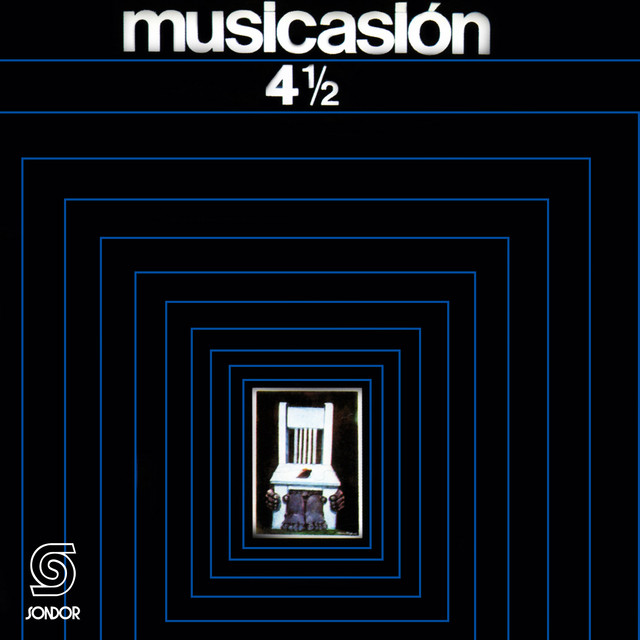
Under the dark cloud of a dictatorship, a group of musicians in Uruguay created an album in 1971 that flew in the face of the cultural clampdown in its way. This 50th anniversary edition of Musicasión 4 ½ was put together by lifelong fan Juana Molina and extends the original title by 16 previously unreleased tracks. Fans of psychedelic South America, don’t hesitate to discover this excavated treasure.
Graham Parker
Another Grey Area (Iconoclassic Records)
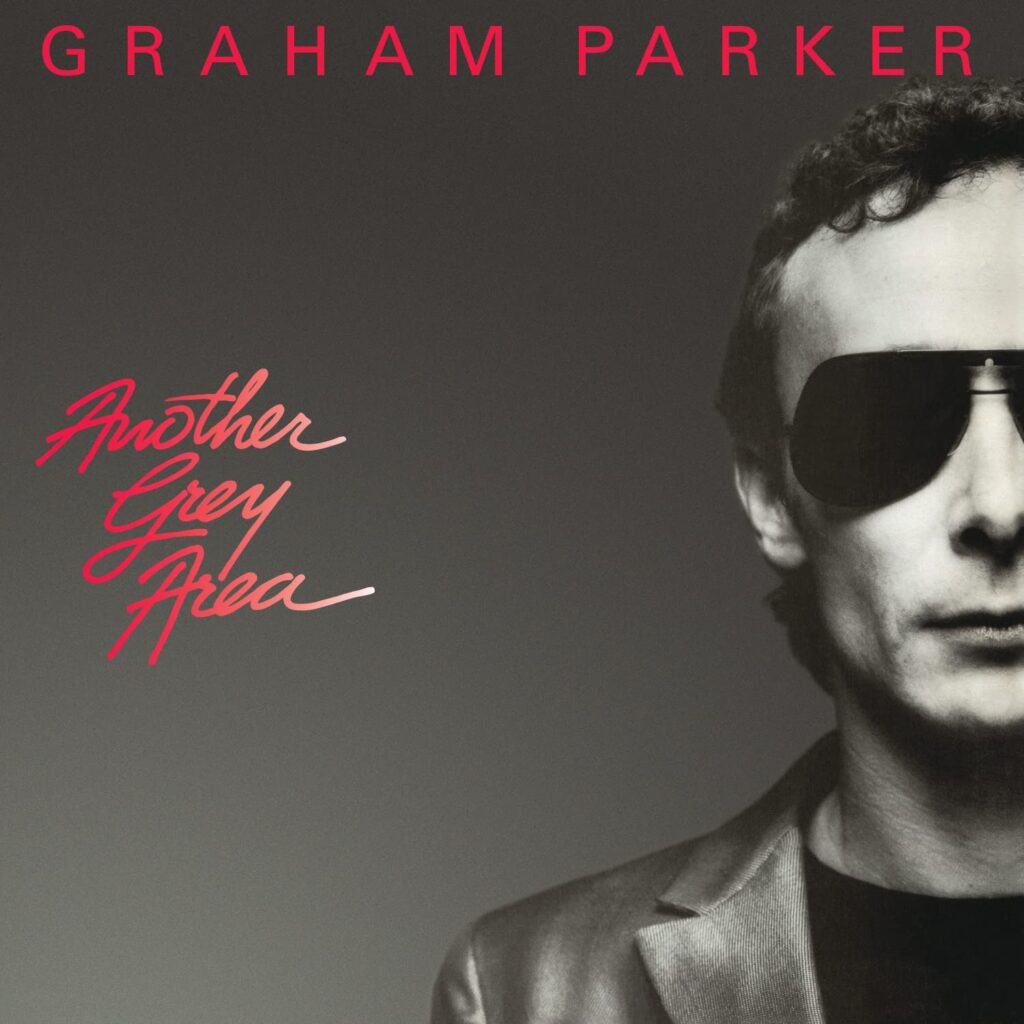
Reissued with five bonus tracks for its 40th anniversary, Another Grey Area marked Parker’s first studio album sans The Rumour. As Elvis Costello and Joe Jackson did in 1982, the project found him pivoting toward more eloquent songwriting with the help of producer Jack Douglas and a session group featuring pianist Nicky Hopkins and members of Billy Joel’s band. This expanded edition adds five bonus tracks to the original LP, including an extended version of “You Hit The Spot” and the cassette-only cut “Habit Worth Forming.”

Leave a comment